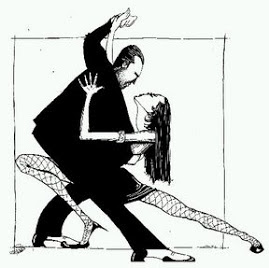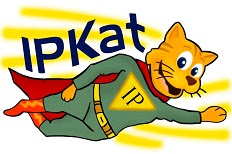 In Virgin Enterprises Ltd v Café La Virginia SA , the Argentine Federal Court of Appeals in Civil and Commercial Matters held that Virgin Enterprises had no legitimate interest in registering the mark VIRGIN for goods in Classes 32 and 33 of the Nice Classification.
In Virgin Enterprises Ltd v Café La Virginia SA , the Argentine Federal Court of Appeals in Civil and Commercial Matters held that Virgin Enterprises had no legitimate interest in registering the mark VIRGIN for goods in Classes 32 and 33 of the Nice Classification.
In 1991 Virgin, seeking to register a figurative mark containing the word VIRGIN for goods in Classes 9, 16 and 25. In order to do so, Virgin entered into an agreement with Café La Virginia SA, the owner of registered trade marks LA VIRGINIA, VIRGINIA GOLD and VIRGIN ISLANDS for goods in Classes 32 and 33 (beverages). Under the terms of this coexistence agreement, Virgin agreed that it not apply its trade mark to foodstuffs at any time. Virgin subsequently applied to register VIRGIN for drinks in Classes 32 and 33. La Virginia opposed and the applications were abandoned. Virgin later re-applied to register the same mark in the same classes. Once again, La Virginia opposed. At this point, Virgin filed suit for "undue opposition", alleging that the VIRGIN mark and La Virginia’s earlier marks were not confusingly similar. The Federal Court of Appeals upheld the terms of the coexistence agreement, concluding that Virgin’s behaviour was contrary to good faith. Also, Virgin’s past conduct was aimed at testing out the extent to which La Virginia would seek to enforce its rights.
Virgin's also argued that the agreement applied only to foodstuffs in Classes 29, 30 and 31, but not beverages in Classes 32 and 33. The court said that trade mark law provides no definition of ‘foodstuffs’, nor is that term limited by the Food Code. The two marks were clearly confusingly similar too, as Virgin must have conceded when it opposed Café La Virginia's application to register its own mark in Class 32 [Source: Case 13921/02, 7 February 2008, noted by Fernando Noetinger, Noetinger & Armando, Buenos Aires, in World Trademark Report].
Friday 20 June 2008
Battle of the Virgins
Post a Comment













